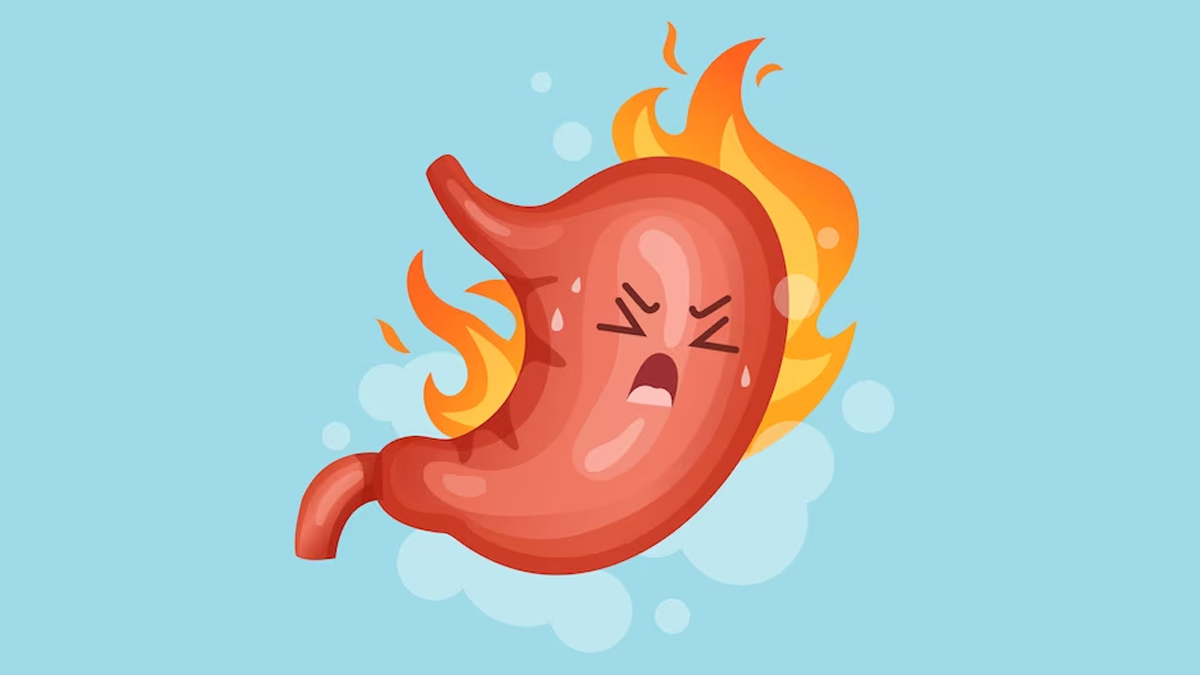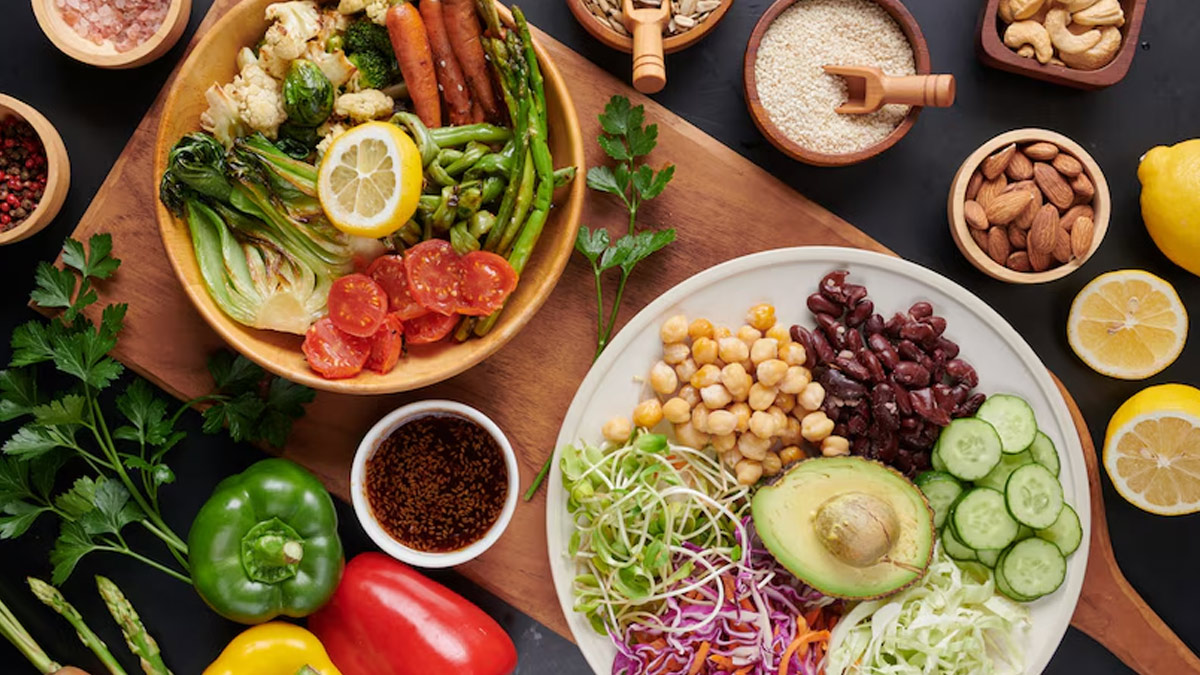
Gastritis, a condition characterised by the inflammation of the stomach lining, is a prevalent gastrointestinal issue affecting millions globally. Though often dismissed as mere stomach discomfort, untreated gastritis can lead to severe complications, including ulcers and chronic digestive problems. Understanding the common triggers and adopting effective prevention strategies is vital for maintaining stomach health.
Table of Content:-
Common Triggers of Gastritis

OnlyMyHealth team interacted with Dr Roohi Pirzada, MBBS, Consultant Physician, Mumbai. According to her, gastritis can stem from a multitude of factors. Among the leading causes is the use of non-steroidal anti-inflammatory drugs (NSAIDs) such as ibuprofen, naproxen, and aspirin. "NSAID medications should be limited to emergencies," advises Dr Pirzada. Prolonged usage of these drugs can erode the stomach lining, leading to inflammation and discomfort.
Another significant contributor is the bacterium Helicobacter pylori(H. pylori). "H. pylori infection is mainly the reason for gastric and duodenal ulcers," notes Dr Pirzada. This bacterial infection often goes undetected and can result in chronic gastritis if untreated.
Also read: Gastroenteritis Vs. Gastritis: How To Differentiate Between The Two?

Lifestyle factors also play a pivotal role. Excessive alcohol consumption is a common trigger. "Alcohol consumption leads to alcohol-induced gastritis," she explains. Stress, particularly after a chronic illness or surgery, is another factor that can exacerbate gastritis symptoms. "Stress, especially following a chronic illness or surgery, can lead to gastritis," Dr Pirzada adds.
Dietary habits are crucial in the onset of gastritis. Foods high in spices, oils, or acidity, such as citrus and sour foods, can irritate the stomach lining. Chronic gastritis may also develop as a result of autoimmune diseases or inflammatory disorders, which impair the body’s ability to protect the stomach lining.
Also read: 7 Foods To Avoid To Cure Gastric Issues
Prevention Tips for Gastritis
Adopting lifestyle changes and dietary adjustments can significantly reduce the risk of gastritis. Dr Pirzada highlights several actionable prevention tips:

Stress Management: Incorporating stress-busting activities such as yoga and regular exercise can help prevent gastritis. "Lifestyle changes can make a difference. Yoga and exercises help reduce stress, which in turn prevents gastritis," she states.
Avoid Triggers: Steering clear of caffeine, alcohol, smoking, and junk food is essential. High-spice and oily foods should also be limited.
Stay Hydrated: Drinking adequate water is crucial for maintaining stomach health. Proper hydration helps in the digestion process and reduces acidity.
Small, Frequent Meals: Eating smaller portions at regular intervals prevents the stomach from becoming overly acidic. "Hydration and small, frequent meals are effective ways to prevent gastritis," advises Dr Pirzada.
High-Fibre Diet: Including fibre-rich foods in your diet aids digestion and keeps the stomach lining healthy. Maintaining a three-hour gap between dinner and bedtime also promotes better digestion and minimises gastritis symptoms.
Use NSAIDs Sparingly: Limit the use of NSAIDs to emergencies. Overuse of these medications can damage the stomach lining and exacerbate gastritis.
Conclusion
While gastritis can be uncomfortable and disruptive, understanding its triggers and embracing preventive measures can go a long way in managing the condition. Dr Pirzada concludes, "Taking simple steps like dietary modifications, stress management, and hydration can make a world of difference in preventing gastritis." By staying informed and proactive, individuals can protect their stomach health and enjoy a better quality of life.
Also watch this video
Read Next
Can ‘Brain Fog’ After A Viral Infection Be Linked To Neurological Inflammation? Neurologist Answers
How we keep this article up to date:
We work with experts and keep a close eye on the latest in health and wellness. Whenever there is a new research or helpful information, we update our articles with accurate and useful advice.
Current Version